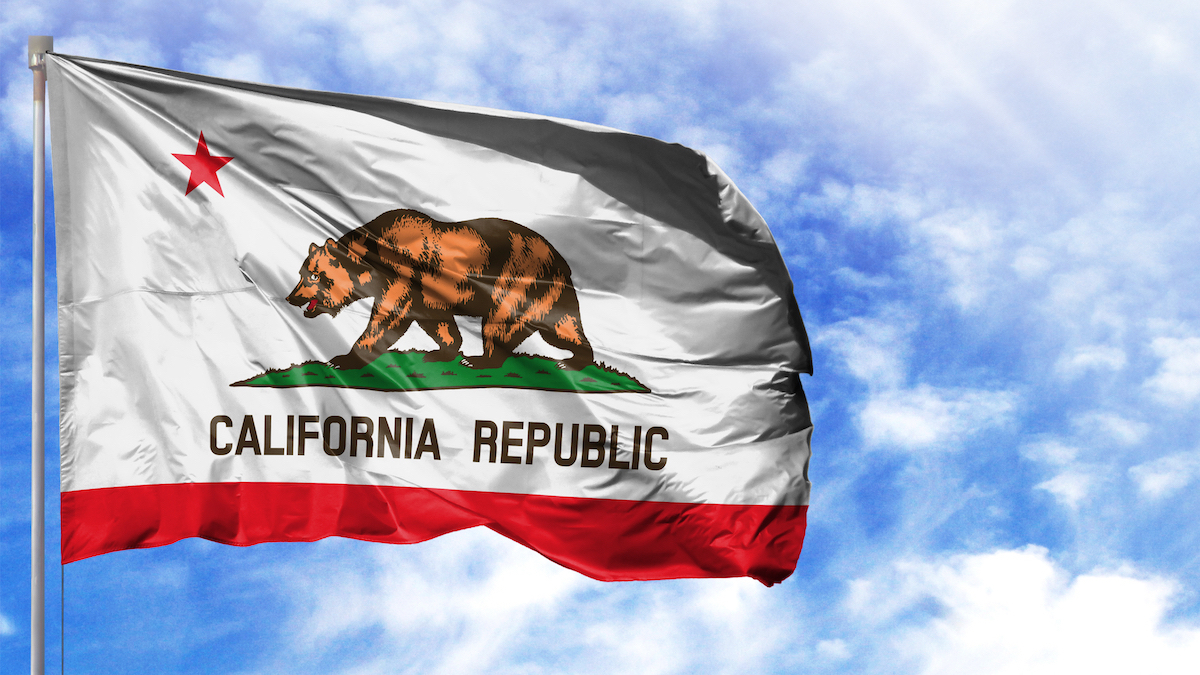VGW has partnered with the Kletsel Dehe Wintun Nation of the Cortina Rancheria Tribe to operate sweepstakes in California.
The conditional agreement with the Kletsel Economic Development Authority (KEDA) enables VGW to operate free-to-play online social games platforms in the state, including associated sweepstakes promotions.
“We are delighted to enter into this partnership with KEDA and look forward to working together to ensure economic opportunities well into the future,” said VGW founder and CEO Laurence Escalante. “We’ve operated in North America for more than a decade, creating not only great games, user experiences and entertainment but ensuring this is done safely, responsibly and at the highest level of standards – in line with our core value of ‘we do what’s right’.
“But we acknowledge that as our business and innovative industry has grown, external interest in what we do has increased, including how we support and engage in the communities where we operate. We take corporate social responsibility seriously and are thrilled to have found a tribal partner like KEDA.”
VGW has been increasingly engaging with stakeholders in California, both directly and via the Social Gaming Leadership Alliance (SGLA), following the introduction in July of legislation that seeks to prohibit online sweepstakes in the state.
The company describes the bill (AB 831) as a “rushed and seriously flawed bill which seeks to criminalise online social games that leverage sweepstakes promotions”, with the “gut and amend” process in which the bill was introduced leaving no time for proper consultation.
In a letter to the California Senate Appropriations Committee, KEDA chief executive Eric Wright said: “This bill lacks unanimous support among California tribes, has advanced without meaningful consultation with many of us, and threatens our inherent right to create legitimate revenue streams to support our people.
“For tribes like ours – far from high‐traffic tourism corridors – geography has always limited traditional economic development. Large, well‐established gaming tribes already benefit from these geographic advantages and decades of success. It is self‐serving for them to advocate for policies that restrict emerging digital commerce opportunities for others, effectively holding smaller and less‐advantaged tribes’ hostage to their location.
“Eliminating lawful, regulated digital opportunities will deepen these disparities, reduce self‐sufficiency, and undermine the State’s commitment to economic justice for all tribes,” Wright warns. “We urge the Committee to reject AB 831 and work toward legislation that expands – not restricts – opportunity for every tribal nation.”
Escalante said that VGW welcomes KEDA’s opposition to AB 831. “As we’ve previously said, our focus is on respectful engagement with legislators and calling for the establishment of modern, appropriate regulatory structures that can benefit players and states alike – not rushed, flawed legislation with unintended consequences being pushed by parties with clear vested interests like AB 831.”
According to the SGLA, online social casinos games that use sweepstakes generate more than $1 billion in combined direct and indirect benefit to California annually.
SGLA executive director Jeff Duncan commented: “The SGLA is proud to stand with the Kletsel Economic Development Authority to urge the lawmakers to reject AB831 and instead support policies that foster economic opportunity, respect tribal sovereignty, and preserve access to popular forms of digital entertainment for all Californians.
“Social games give millions of Californians access to a community and network that brings people together and gives everyone the chance to experience premium games for free – regardless of budget or location. They have the potential to expand opportunities for tribal nations.”
The SGLA believes that implementing a modern regulatory framework could deliver an additional $200 million to $300 million in yearly tax revenue to state government while strengthening consumer protections.
